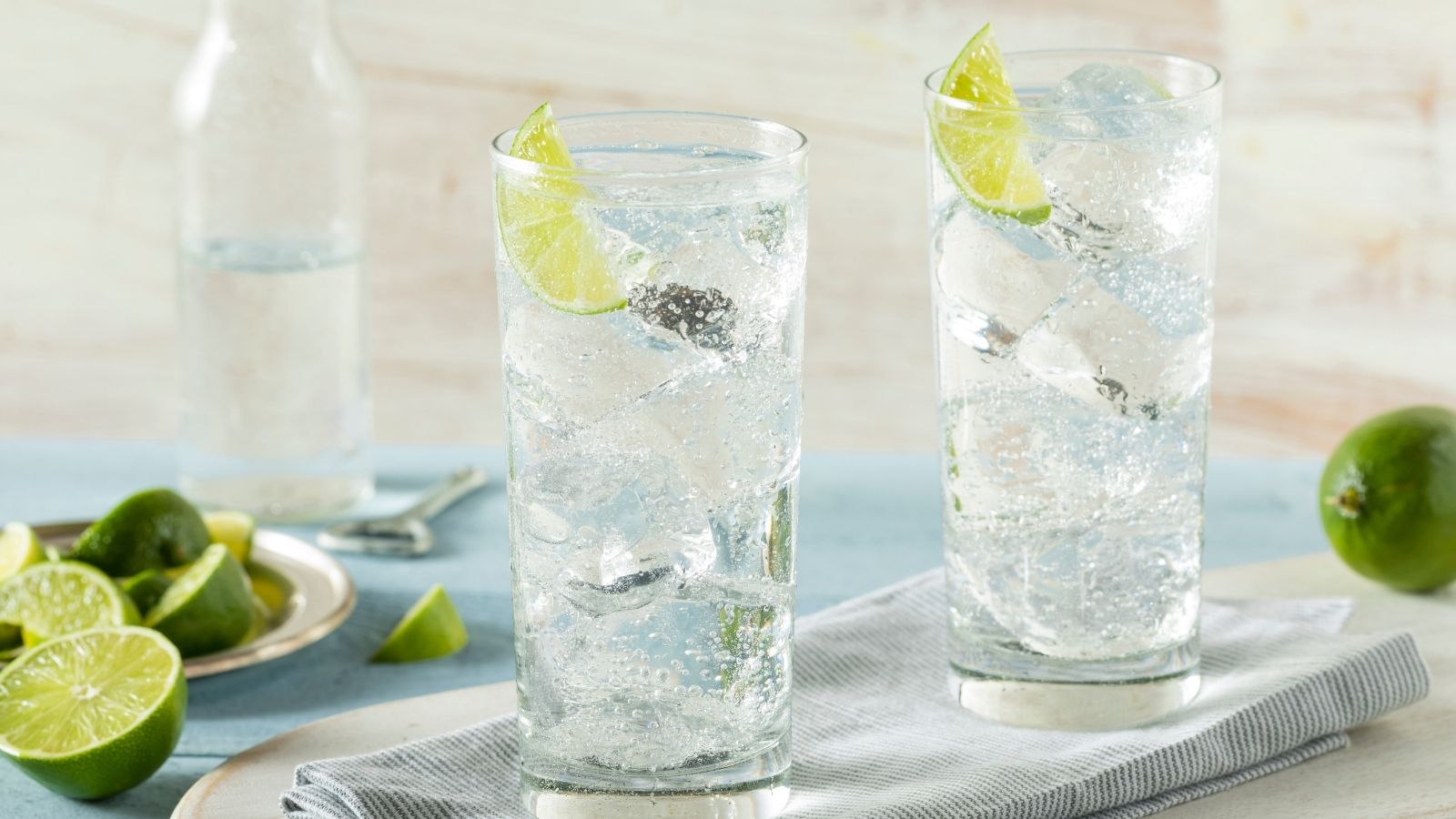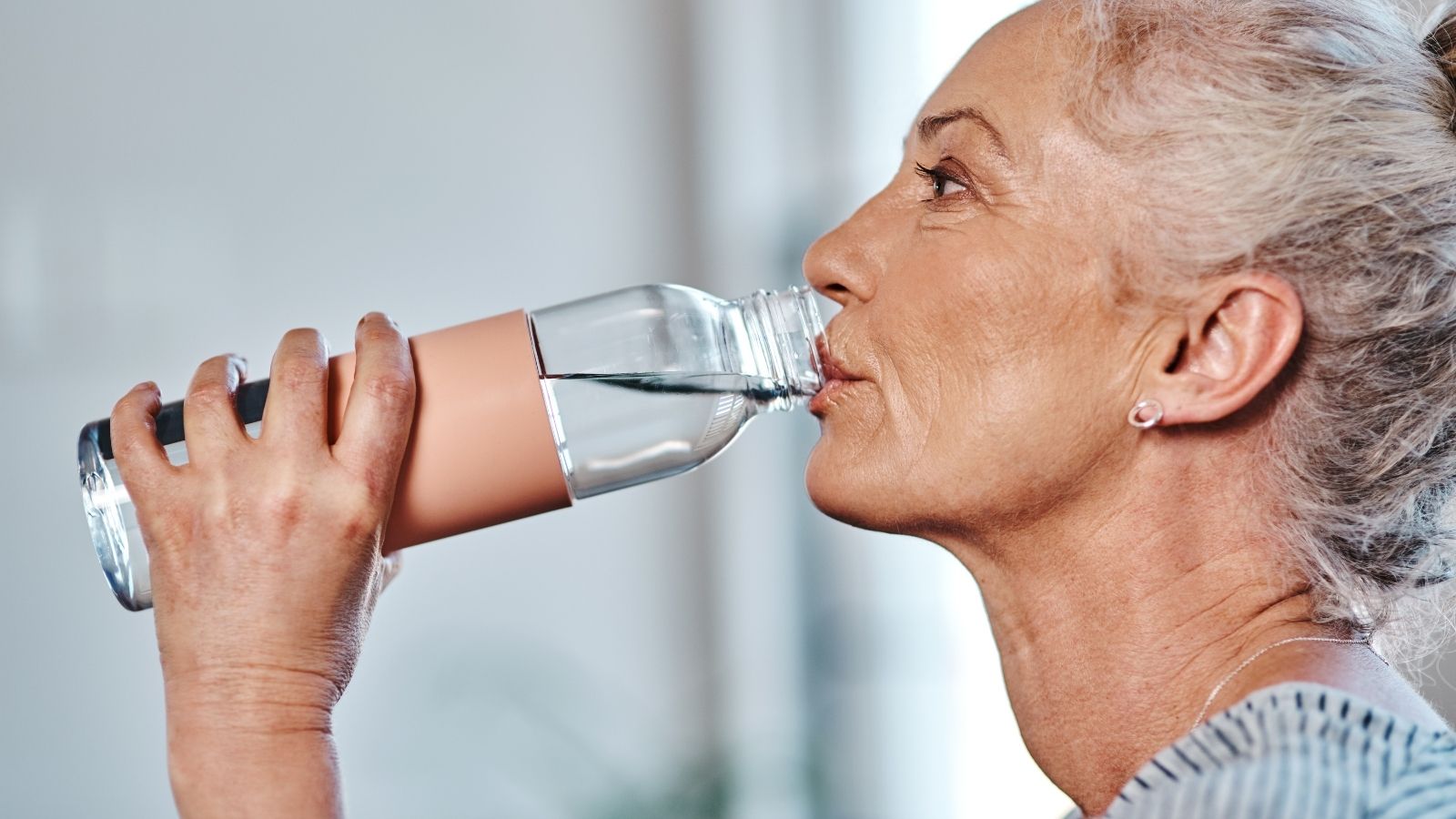Water is water, right?
Not so fast. Maybe you’ve heard of the two different types of water that may be in your home: hard and soft water. Data from the US Geological Survey shows that most homes in the US have hard water—but what does that mean?
Here’s the difference between hard and soft water, and what that could mean for you.
What Is the Difference Between Hard and Soft Water?
When we say “hard” water, we’re talking about the amount of calcium and magnesium the water contains. The higher the levels of these minerals, the harder the water. As a result, hard water comes on a sliding scale, and some areas have very hard water while others have minimally hard water.
“Soft” water, on the other hand, tends to have less calcium and magnesium. Instead, it may contain more sodium.
Note that water hardness isn’t anything alarming; it’s just something to keep in mind. Hard water can build up in your pipes and appliances, and it can even affect their efficiency and lifespan. It can also leave a film on your dishes, clothes, and even skin.
How Do You Know if Water Is Hard or Soft?
If your water is very hard, you may be able to tell based on feel alone. As mentioned above, hard water may leave a film on your hands after washing, or mineral stains on your clothes. Because hard water can allow mineral deposits to build up in your pipes, thus shrinking their diameter, you may notice less water pressure over time.
In addition, you may find that your skin and hair feel drier after washing than they would with softer water. However, note that studies have found no health risks involved with hard water.
What Can You Do to Soften Your Water?
If you prefer softer water, you can install a water-softening system in your home. This system works by running your water through special resins and filters to reduce the amount of calcium and magnesium in the water.
These appliances come in a range of options, from simple shower-head water softeners to salt-free options. They’re also offered by major brands, including the Whirlpool water softener. Ultimately, you’ll need to take inventory of where and when soft water is needed in your home to find the system that works for you.
Get the Best Water for Your Home
Now that you know the difference between hard and soft water, you can consider what would work best in your home. Some households with mildly hard water have no trouble coping with it, but homeowners in areas with very hard water might find a water softener useful. With no health effects on either side of the spectrum, it all comes down to personal preference!
Want to learn more about the home and discover health tips you should know? Check out our other guides for more helpful insights.


